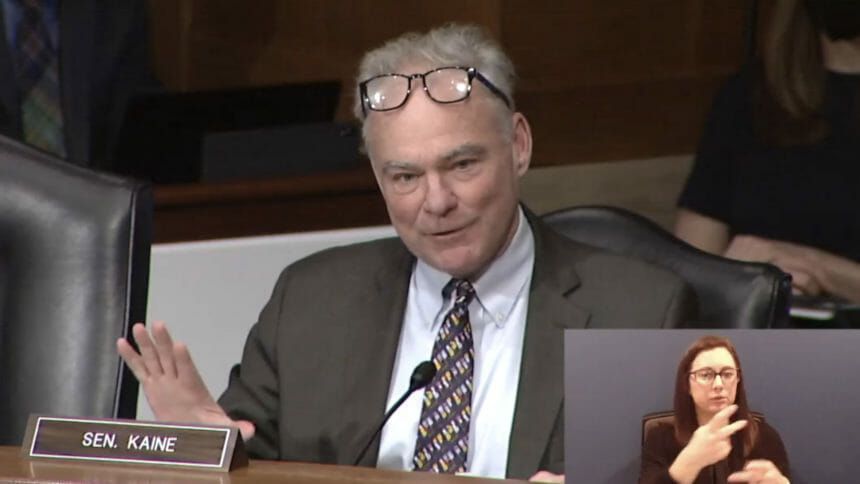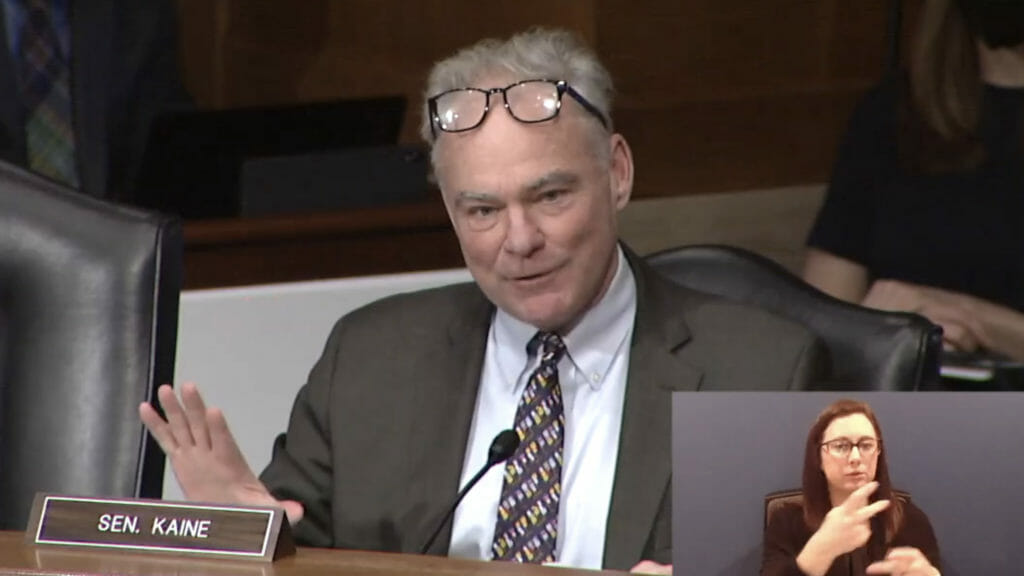

Federal lawmakers are considering rewarding states for creating scholarships as part of a caregiver education pipeline, one among a growing number of possible bipartisan solutions to the healthcare workforce crisis.
The Senate Committee on Health, Education, Labor, and Pensions floated the idea of a 10% boost in the Federal Medical Assistance Percentage (FMAP) for states that create specific private-public partnerships centered on educational programs. Inside Health Policy first reported on the development last week.
This solution could be modeled on a new Kentucky program that will use 65% of a $10 million allocation for scholarships to attract students to careers in healthcare, particularly long-term care. The remaining money will be awarded as grants for public universities, community and technical colleges to expand training programs, McKnights Long-Term Care News reported in covering the Kentucky model.
In early March, Senate HELP Committee Chair Bernie Sanders (I-VT) and Ranking Republican Bill Cassidy (LA) held a hearing on healthcare workforce shortages and requested information from healthcare stakeholders asking for causes and potential solutions. Industry observers expect some possible legislative approaches could come from submitted responses.
At the beginning of the year. Sen. Bob Casey (D-PA) reintroduced his Better Jobs Better Care Act, which would invest in home- and community-based services to increase wages and update payment rates to incentivize recruitment and retention.
Another bipartisan bill — the Restoring America’s Health Care Workforce and Readiness Act, from Sens. Marco Rubio (R-FL) and Dick Durbin (D-IL) — would increase funding for the National Health Service Corps to grow the number of healthcare workers. A comment from Durbin highlighted the challenge of rural communities, which are particularly struggling to retain enough nursing home workers to keep facilities open. He called the National Health Service Corps “the premier program to build the pipeline.”
“Our healthcare professionals put their all into caring for their patients, but the demands of the pandemic have exacerbated workforce shortages, especially in our underserved rural and urban communities,” Durbin added in a press release announcing the funding hike. The program is up for reauthorization this fall, and the legislation would double mandatory funding from $310 million to $625 million in FY2024 and boost it up to $825 million in FY2026.
Sens. Tim Kaine (D-VA) and Mike Braun (R-IN) have introduced the Jumpstarting Our Businesses by Supporting Students (JOBS) Act that would change the rules for Pell Grants to allow students to apply the federal funds to job-training programs that are at least eight weeks in length and culminate with industry-recognized certificates. Currently, Pell Grants can be used only on programs that have more than 600 hours or are at least 15 weeks long.





